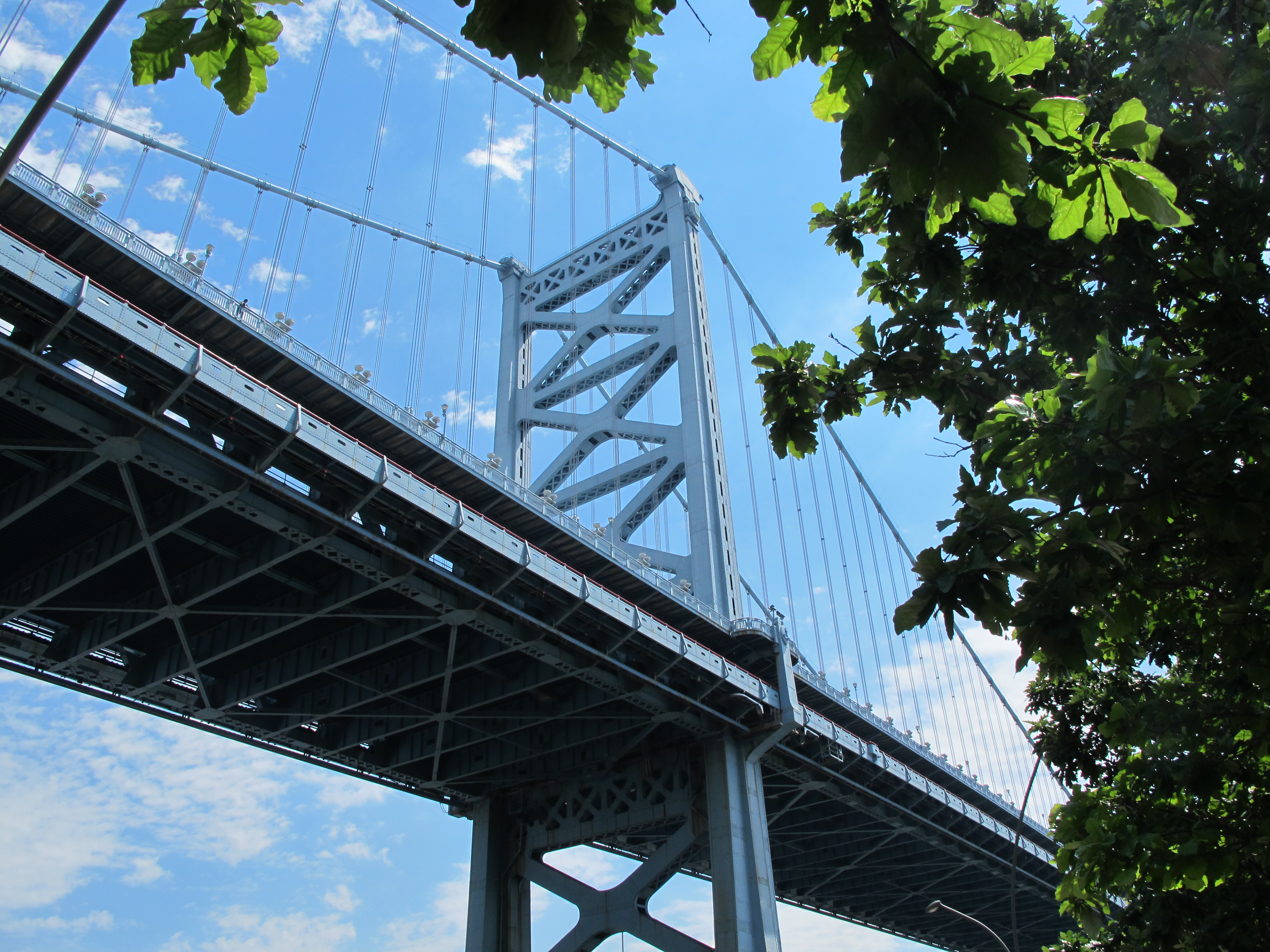Gov. Christie vetoes Port Authority union contracts minutes before deadline

UPDATE: After initial publication, a Christie spokesperson forwarded the letter. This article has been updated with details of the letter, which is available in its entirety below.
In a quiet, last second decision, New Jersey Governor Chris Christie vetoed union labor contracts authorized by the Delaware River Port Authority (DRPA) board last month, according to a press release issued by the DRPA.
The Governor of New Jersey has ten business days to veto decisions made by the DRPA Board of Commissioners, starting from the day he receives the DRPA’s minutes. According to DRPA Chairman Ryan Boyer, Christie sent the DRPA a letter announcing the veto 50 minutes before Monday’s deadline. In the letter, Christie blamed the veto on the contracts “uncontrolled growth in health benefit spending”.
The letter says that the proposed contracts would require the DRPA, which is self-funded through bridge tolls and PATCO fares, to “absorb more than a million dollars in premiums over the next two years,” and calls the decision “fiscally irresponsible.”
Governor Christie’s office did not publically announce the veto decision, which comes as New Jersey residents vote in the presidential primary. In a call to PlanPhilly, Boyer said he was “completely surprised and disappointed” in the decision.
“To veto the labor contracts that we worked so hard to negotiate and the hardworking men and women of DRPA and PATCO so rightfully deserve…” Boyer said, pausing to collect his thoughts. “I guess I’m at a loss for words.”
The collective bargaining agreements would have covered three DRPA unions: International Union of Operating Engineers (IUOE) Local 542, International Brotherhood of Electrical Workers (IBEW) Local 351, and Teamsters Local Union 676. The Teamsters represent 211 employees, IUOE 194 employees, and IBEW 21. A fourth union represents DRPA police.
While the exact terms of the agreements differ slightly, all feature 1.9 percent annual increases, including retroactive pay increases going back a few years. On the whole, the increases averaged out to about 1.6 percent annually. Inflation over the same period fluctuated between 3.2 percent and 1.5 percent.
Boyer contrasted Christie’s decision to veto these labor agreements with his decision to approve new contracts with unions representing New Jersey Transit workers in March.
“To me, it is hypocritical,” said Boyer. “He just now approved contracts [with New Jersey Transit workers] with 2.5 percent [pay raises] every year… and those guys have to raise fares to cover it. If you’re going to be conservative to one, be conservative to the other. I just don’t understand it.”
NJ Transit’s 4,200 union employees are set to see a 21 percent raise over 8.5 years, or 2.5 percent annual increases retroactive to 2011 and continuing to 2019, but will see their health care costs increase under the new agreement from $82 per month with no deductibles to $130 to $160 per month with a $250 to $500 deductible, depending on the specific health care plan the workers pick. In their press release, the DRPA estimated that the NJ Transit agreement would cost $209 million.
In comparison, the DRPA says that its smaller annual percent increases to 426 union employees will cost the bridge authority $4.3 million. Under the vetoed contract proposals, DRPA employees would continue to not contribute into their healthcare plans directly. Boyer argued that they did so indirectly, by accepting lower wage increases.
Boyer, who also represents 5,000 construction workers as the business manager of the Laborers’ District Council of Metropolitan Philadelphia and Vicinity, noted that while both NJ Transit and DRPA employees worked for years without labor contracts, only NJ Transit employees threatened to strike before ultimately having most of their demands met. “They’re being punished for doing what’s right.”
The veto has been the only power over the DRPA that Christie has chosen to deploy. Christie has appointed no commissioners to the DRPA, even though he has had the power to do so since 2014 and even though there are currently only six New Jersey commissioners on the DRPA Board instead of the full compliment of eight.
Six of Pennsylvania’s representatives serve at the pleasure of the sitting governor and the other two are the Commonwealth’s treasurer and auditor general. Therefore, all of the commissioners who voted for the labor agreements were either Democrats or appointed by Democrats.
In his Christie biography “American Governor”, WNYC reporter Matt Katz described the “195 deal” Christie struck with George Norcross, the insurance magnate who dominates South Jersey Democratic politics: Christie promised not to campaign for Republican candidates below I-195, which bisects the state near Trenton, if Norcross withheld support from Christie’s Democratic opponent during his 2013 re-election bid, Barbara Buono.
Given the Governor’s willingness to use his veto pen, but not his appointment power, it appears that some variant of that agreement still stands.
This is not the first time Christie has vetoed the DRPA: In 2010, the governor vetoed a restoration of employee perks.
Boyer said that the veto applied only to the three union agreements. The remainder of the authority’s actions approved that day, including a pay raise for DRPA CEO John Hanson that was explicitly linked to resolving the labor contract issue, will stand.
When asked whether politics played a role in Christie’s decision, Boyer responded: “It may be indicative of him not spending enough time in New Jersey and he’s just not in touch with the real people…. I don’t know.”
WHYY is your source for fact-based, in-depth journalism and information. As a nonprofit organization, we rely on financial support from readers like you. Please give today.



